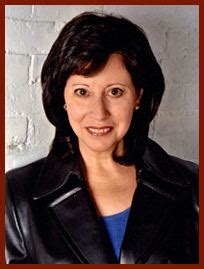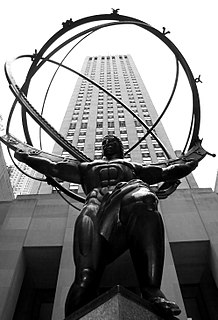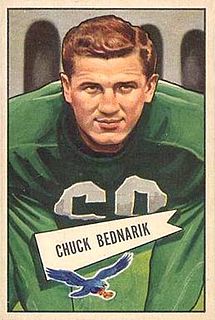A Quote by Linda Barnes
I never get used to it, the unknowable mystery of a person so suddenly, totally closed, snapped shut like a half-read novel.
Related Quotes
The name of the author is the first to go followed obediently by the title, the plot, the heartbreaking conclusion, the entire novel which suddenly becomes one you have never read, never even heard of, as if, one by one, the memories you used to harbor decided to retire to the southern hemisphere of the brain, to a little fishing village where there are no phones.
Character is too deep to catch in a single storyline. What really moves us - what makes the great stories, and there aren't so many of them - is the inevitability of character. The destiny. All we see is the arc. We'll never penetrate the secrets of the living, let alone the dead. I've spent my whole life trying to understand people, and all I've learned is that the deeper we look, the greater the mystery. At the core, each person is unknowable. Maybe that's the soul? I have to respect that. The mystery, in fact, is what I've loved the most, in people and in stories as well.
You know, I think that allowing somebody, one mere person to believe that he or she is like, the vessel you know, like the font and the essence and the source of all divine, creative, unknowable, eternal mystery is just a smidge too much responsibility to put on one fragile, human psyche. It's like asking somebody to swallow the sun.
For me, what I am making in the novel is a place to live. When I first switched from poetry to novels, I was asked why, and the metaphor I came up with was about poems as rooms. You can make a room perfect, but then you have to shut the door and never go back, whereas a novel is like a house - it can never be perfect, but you can make a life in it.
Coolidge liked the dignity of the presidency. He didn't get on the phone easily. It's possible that he banished the phone from his desk. He was known to use it from time to time. The person who was hilarious with the phone was Hoover. He was a real engineer. He made a closed circuit phone where he could call the important people and they could call him, a government hotline, but it was closed. He shut out the possibility of input from people he didn't expect to get input from.
The manual for WordStar, the most popular word-processing program, is 400 pages thick. To write a novel, you have to read a novel - one that reads like a mystery to most people. They're not going to learn slash q-z any more than they're going to learn Morse code. That is what Macintosh is all about.
Executive Severance, a laugh out loud comic mystery novel, epitomizes our current cultural moment in that it is born from the juxtaposition of authorial invention and technological communication innovation. Merging creative text with new electronic context, Robert K. Blechman's novel, which originally appeared as Twitter entries, can be read on a cell phone. His tweets which merge to form an entertaining novel can't be beat. Hold the phone; exalt in the mystery-engage with Blechman's story which signals the inception of a new literary art form.





































